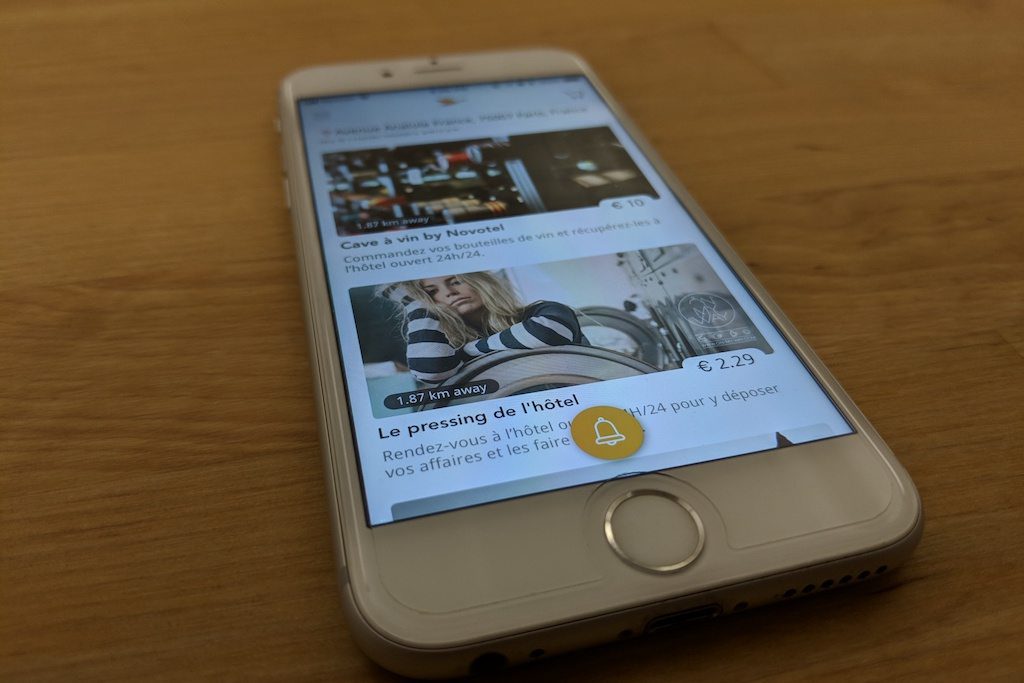AccorHotels Has a Community Hub Strategy With Local Services App

Skift Take
This is a sign of a much bigger shift in the entire travel industry where travel brands no longer want to just be "travel" brands. Hotels don't want to just be hotels. Instead, they want to be platforms for offering you experiences whenever and wherever you may be.
A hotel isn't just a hotel anymore. It's no longer just a place for travelers to lay their heads at night. At least, that's how AccorHotels is thinking about its hotels.
The Paris-based company ended its AccorLocal pilot and officially launched a mobile app — something it hopes anyone can use in their daily lives.
That pilot, which CEO Sebastien Bazin publicized in February, has evolved into a mobile app that allows users to access services both from local merchants and AccorHotels properties.
To date, the AccorLocal app has more than 3,000 active users and features 250 participating hotels in 42 cities throughout France. AccorHotels plans to take it to the rest of Europe and eventually, the rest of the world, in 2018 and 2019, respectively.
Those plans would become reality if the app gains traction. Not all of Accorhotels' grand plans, such as its hope to become a booking platform for independent hotels, work out.
The official launch of this app might not seem very significant at first glance, but it's evocative of a larger movement being undertaken by numerous brands throughout the hotel and wider travel space. It's a shift in how hotels are being used, not just by travelers, but by locals, too so that these brands become more a part of everyone's daily lives, whether they're on a trip or not.
"The issue we have today with our customers is that we only see them a couple times a year at most," said AccorLocal CEO Scott Gordon. "Maybe three to four times a year for occasional users, maybe 10 to 20 times for very frequent travelers. We're only connected [to them] a few times a year, versus a brand like Apple or an Amazon or a Nike, or Google, or Facebook, for instance.
"For us, AccorLocal is a tremendous game chan
